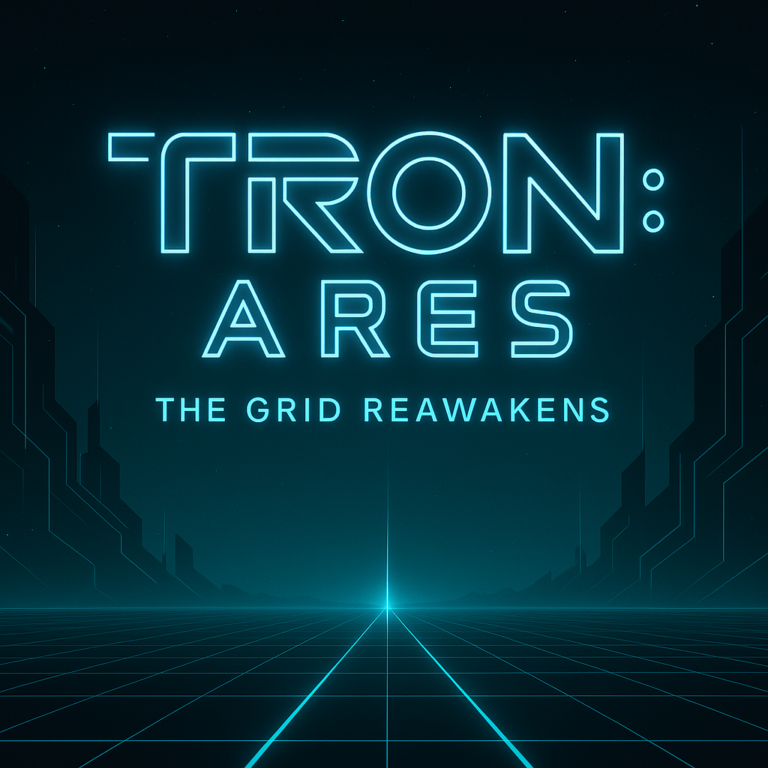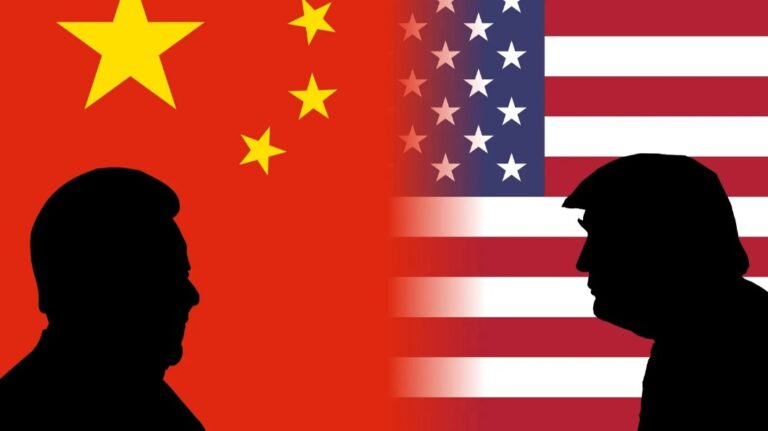Q: How did your journey in regenerative medicine develop, and what led you to focus on longevity at RMI Health?
Dr. Ricardo Rosselló: One of my defining moments was during a class with my mentor at MIT, Robert Langer. He introduced the concept of stem cells, describing them as a resource with the potential to generate any part of the human body and be cultivated indefinitely. That idea immediately captivated me. I have always been naturally curious, but from that moment on, I was drawn to how scientific research and innovation could be harnessed to enhance human life. It became clear to me that this was the field I wanted to dedicate myself to.
My academic background in biomedical engineering and molecular biology provided the foundation for my current work at RMI Health. My research has been centered on the immense potential of stem cell technology to regenerate tissues, combat disease, and revolutionize the way we approach aging. Our efforts hold tremendous promise in addressing age-related illnesses—a field that has gained significant momentum, especially since the World Health Organization officially classified aging as a disease. However, longevity research isn’t solely about extending lifespan; it’s about improving the quality of life, which is why the mission at RMI Health is deeply meaningful to me.
Q: What excites you most about the future of longevity research and the initiatives at RMI Health?
Dr. Ricardo Rosselló: We are at the forefront of a new era where science has the potential to fundamentally alter how we experience aging. At RMI Health, we are developing therapies that could not only slow down but potentially reverse age-related decline. Our research spans areas like cellular regeneration and optimizing immune function—advancements that could drastically improve lives. Being part of this scientific revolution is incredibly thrilling.
Q: Your book, The Reformer’s Dilemma, advocates for a ‘radical middle’ in U.S. politics. What inspired you to write it, and how do you define the ‘radical middle’?
Dr. Ricardo Rosselló: The idea for The Reformer’s Dilemma stemmed from my experiences as both a politician and a concerned citizen witnessing the increasing polarization in the U.S. and beyond. The ‘radical middle’ challenges the traditional left-right spectrum, which traps the vast majority of people between extreme ideological positions.
At its core, this concept recognizes that both extremes share common behavioral traits and rely on each other for reinforcement. Given that reality, how can the 80% of people who fall between these extremes counterbalance them effectively? The solution lies in fostering a movement with fundamentally different characteristics. While extremism is often marked by dogmatism, fear-mongering, and an unwillingness to compromise, the radical middle should be defined by rationality, collaboration, clarity, and foresight. It’s not about abandoning core values but rather about finding constructive ways to move society forward.
Q: How has your tenure as Governor of Puerto Rico shaped your views on political reform and the message in your book?
Dr. Ricardo Rosselló: My time in office reinforced the reality that meaningful reform is rarely easy. The process of governance involves constant negotiation between competing interests, and often, the loudest and most extreme voices overshadow those advocating for balanced, long-term solutions. During my tenure, Puerto Rico faced a series of major challenges, from economic difficulties to natural disasters. These experiences reinforced my belief in the need for leaders who can navigate complexity, foster dialogue across divides, and push for thoughtful, sustainable reforms.
Q: What is your outlook on political reform in the U.S., and how do you envision your work—both in science and politics—shaping the future?
Dr. Ricardo Rosselló: I believe that true political reform will emerge from grassroots movements and increased civic participation. In addition, I see strategic foresight as a critical tool to counteract fear-driven narratives and enable productive discussions and policy-making. These two elements form the core of my foundation’s mission.
Ultimately, I hope that my work in both longevity research and political advocacy inspires a new generation of leaders who prioritize innovation, collaboration, and resilience. We need individuals who are willing to challenge outdated systems but in a way that unites rather than divides. Progress is possible when we foster a culture that embraces complexity, values diverse perspectives, and seeks sustainable solutions for the greater good.







